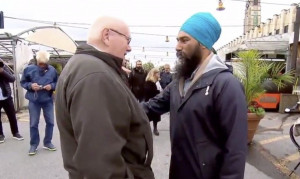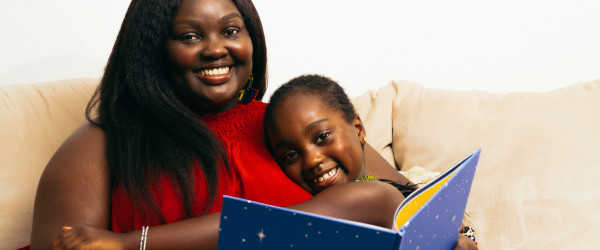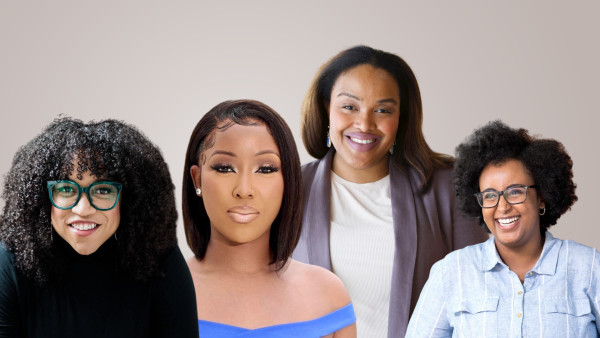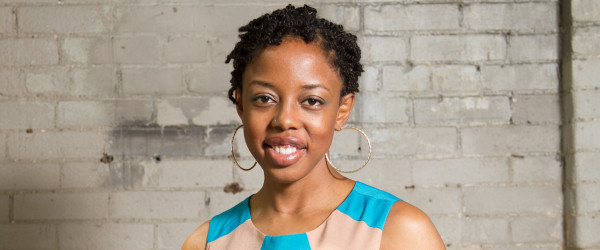I’m the second generation son of Jamaican immigrants, raised by a single mother in the Jane and Finch corridor. All that just to say, I grew up somewhere that’s been given a bad reputation by people who have likely never lived there and don’t plan on visiting. That “corridor” is more like a canal in terms of the wide berth given its detractors to paint a whole northern edge of the city with the same brush. I’ve heard news reports mapping events that have happened all the way down at Jane and Eglinton as the Jane and Finch corridor. To put that into perspective for people who aren’t familiar with Toronto, that’s a difference of about 7 miles, which is pretty far off the mark.
In my twenties, I was a graffiti stained bullet train without a driver. An insecure, toxically masculine machine, fueled by recreational drugs and alcohol. I remember cruising over the twisted metal of my life while charging headlong into an opaque tunnel leading to oblivion. I was invincible, prone to angry outbursts, and smarter than anyone within arms reach. Fortunately, we were still at the dawn of social media and weren’t yet recording all our worst moments for the entertainment and outrage of strangers. After dropping out of my first year of university, a week before exams no less, I spent six months as a layabout on my mother’s couch. I cringe today when I think about the disappointment I must have been to her in those days. The first generation didn’t go through the trouble of leaving their home countries permanently, just to have their children get to university and drop out to become aspiring rappers.
At the time, understanding that just made me feel worse about myself. I didn’t have the aptitude to be a doctor or an engineer either. The only thing I believed I was good at was something my family would never value. Everything I had no interest in, was what they would expect me to do. I carried a burdensome weight in my chest that was equal parts guilt, and a deep-seated desire to prove everyone wrong. It didn’t take me long to realize my highschool diploma and black skin would afford me not much more than minimum wage opportunities in a “priority” neighbourhood. The term priority was, even then, a misnomer to me. The community, to this day, seems like nobody’s priority.
I was intelligent in a way that wasn’t cool, so I hid it behind street slang and obscenities. Although it would pain my pentecostal Christian mother to know this, I still cuss like a drunken sailor. My swear jar needs a swear jar. I was an avid reader whose hidden interests in literature and politics only manifested themselves through poetry and rap songs I wrote in my spare time. At the time, it was the only form of writing I thought I could do well enough to be respected for. It’s not as if there were any “free creative writing mentorship programmes” for dropouts at the time. “Go get a degree first, then you can go do whatever you want afterward,” my set upon godsister advised. I say set upon because that intervention ended in an expletive-laced rejection. Even now, I still feel extreme guilt over that. If you’re reading this, I hope it makes you feel better knowing you were right.
To make things more interesting, I’m writing a book. If you’re middle class, white, and traditionally educated, that’s daunting enough. Add not middle class, non-white, and no university degree to that mix, and now you’re carrying a colossal psychological burden into your writing career. It makes the weight behind every word you type, feel like you’re treading water in the ocean with an anchor chained to your ankle. I’m well aware that the “traditional” writer experiences the same thing; just minus the anchor.
It’s taken me years of rejecting other people’s expectations in order to become an adult. In some poetic way, by rejecting what someone like me was expected to end up doing, I’ve circled back to what I believe I was always supposed to be doing. I don’t blame my mother, the education system, or anyone else for the roundabout, long road I’ve taken to get here. I’ve made some choices, bad and not so much, that have brought me to this place. I’m an emerging forty-year-old writer, and I’m good with that. In the last twenty years, I’ve gone from a first-year dropout working soul-stealing jobs while trying to pay for studio time, to writing essays that have ended up in reputable publications. There’s nothing like peer validation from people you yourself still have trouble viewing as your peers. By being around other artists, either through my writing, or people who I’m proud to say have allowed me into their circle, I’ve realized that imposter syndrome is less about what people actually think, and almost all about the things we tell ourselves.
Of course, those things we tell ourselves come from somewhere. For me, I’ve realized that’s been informed by everything from the media perception of where and how I grew up, to my family’s validation of my writing career, to racially biased assumptions about who I’m supposed to be based on the umber brown hue of my skin. The useless detritus of my negative self worth is just me carrying around other people’s class or race-based hierarchical notions. In other words, I’ve been internalizing all of the crap society projects onto me, and I’ve been making it a reality. Recognizing that has made me feel free enough, twenty years later, to fully explore the potential of being a career writer.
Now to be fair, I understand why certain family members were, and maybe still are, worried about my life choices. As great as it is these days to have plays like Hamilton mainstreaming rap lyrics into highbrow culture, back when I was doing it in the ’90s, people still thought rap was a fad. Back then, when I mentioned things like studio time and songwriting, I got this look from my mom that was halfway between pity and rage. Now when I tell my mom I had a review, interview, or essay, published in a magazine or newspaper, I just get a blank stare. She still doesn’t get it, but God bless her, she knows I’m getting paid so at least there’s that. Still register a tad bit of pity though. Mom, I love you.
As an adult who knows people who have kids, I really do get it. You don’t want your kids wasting their lives trying to write the next great American novel, only to end up finding solace in their failure at the bottom of a bottle of whiskey. Let me just advocate for the creative kids out there and say, especially if you’re a non-white creative, it’s a horrible thing to be good at something the important people in your life see no value in, and as a result of their lack of support, not fully commit to your ability to be successful at it. It’s tough enough as a BIPOC person in this world, to find the self-confidence to do anything without your own kin dumping more insecurities onto you. So go explore your artistry, especially if you’re actually any good at it, while you’re young. Parents, support them in doing so. I think if you do, your kids might have an easier time of realizing their potential than I did, and it won’t take them twenty years to do it.
Byron Armstrong is a writer living in Toronto who has been published online and in print, for both local and national publications. He writes essays, short stories, opinion pieces, and in-depth interviews. His general musings can be found on Twitter as @ByronArmstrong6
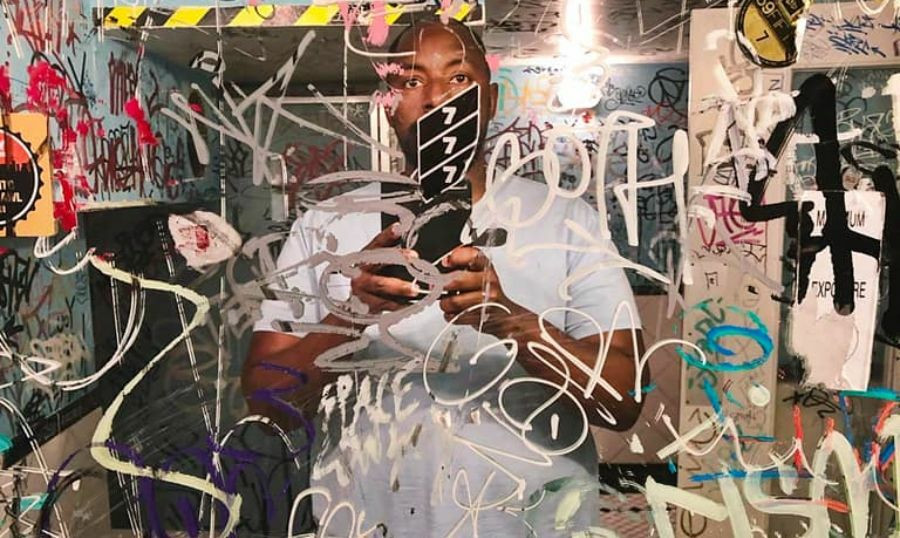
 By
By 




